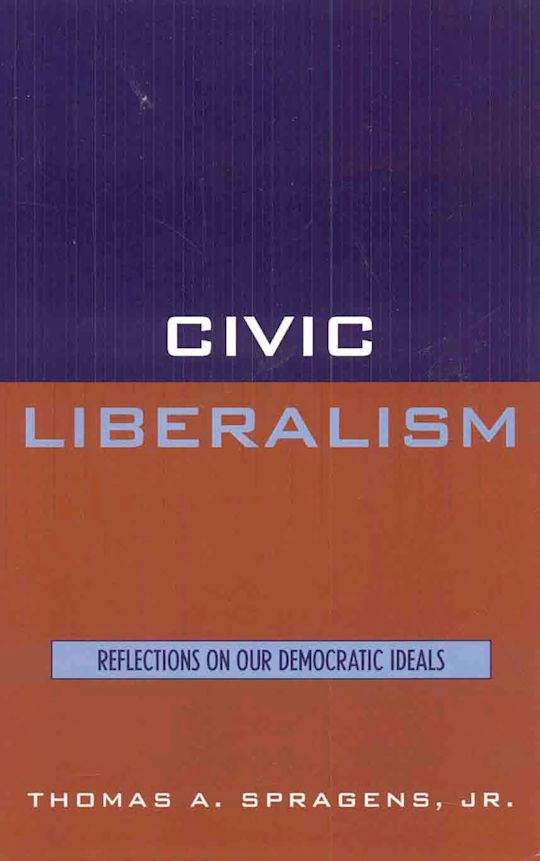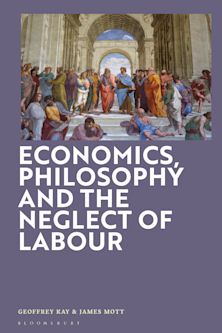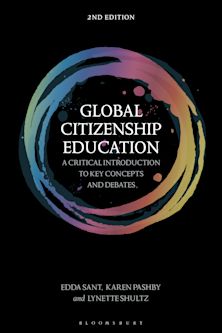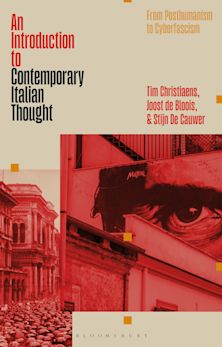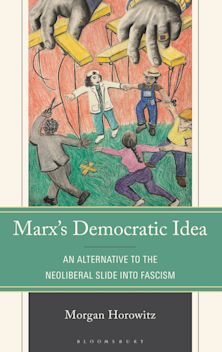- Home
- ACADEMIC
- Philosophy
- Social and Political Philosophy
- Civic Liberalism
Exam copy added to basket
Choose your preferred format. Please note ebook exam copies are fulfilled by VitalSource™.
Buy from Bloomsbury eTextBooks
You are now leaving the Bloomsbury Publishing website. Your eBook purchase will be with our partner https://www.vitalsource.com.
Your credit card statement will show this purchase originating from VitalSource Technologies. They will also provide any technical assistance you might require.
You must sign in to add this item to your wishlist. Please sign in or create an account
Description
In Civic Liberalism: Reflections on Our Democratic Ideals, prominent political theorist Thomas A. Spragens, Jr. asserts that most versions of democratic ideals-libertarianism, liberal egalitarianism, difference liberalism, and the liberalism of fear-lead our polity significantly astray. Spragens offers another alternative. He argues that we should recover the multiple and complex aspirations found within the tradition of democratic liberalism and integrate them into a more compelling public philosophy for our time-or what he calls civic liberalism.
Civic liberalism, Spragens contends, endorses both liberty and equality although neither can properly be understood as a maximizing principle. Instead, liberty should be seen as the constitutive threshold good of autonomy; and equality should be seen as a moral postulate and instrumental good. Moreover, civic liberalism explicitly embraces forms of 'fraternity,' civic friendship, and civic virtue consistent with respect for social pluralism.
Therefore, a better understanding of our democratic ideals will free us from the constrictive orthodoxies of the left and right, lead us toward better public policy, and help us become a well ordered society of flourishing, self-governing civic equals.
Table of Contents
Chapter 2 The Appeal and Limits of Liberalism
Chapter 3 The Weakness and Dangers of Liberal Egalitarianism
Chapter 4 Identity Politics and the Liberal Difference
Chapter 5 Political Liberty and the Good of Autonomy
Chapter 6 The Moral Imperative and Political Value of Equality
Chapter 7 Civic Friendship in Liberal Society
Chapter 8 Civic Virtues in Liberal Regimes
Product details
| Published | Sep 30 1999 |
|---|---|
| Format | Ebook (Epub & Mobi) |
| Edition | 1st |
| Extent | 292 |
| ISBN | 9780742573581 |
| Imprint | Rowman & Littlefield Publishers |
| Publisher | Bloomsbury Publishing |
About the contributors
Reviews
-
Civic Liberalism defines a new liberalism suitable for contemporary life. Approaching his task through a nuanced reading of several contending perspectives, Spragens articulates a vision that will convince many and challenge the rest of us to refine our thinking further. This book is a model of critical engagement and reflective construction.
William E. Connolly, Johns Hopkins University, author of The Fragility of Things: Self Organizing Processes, Neoliberal Fantasies, and Democratic Activism
-
Spragens' Civic Liberalism offers an appreciative and thoughtful critique of both libertarianism and of liberal egalitarianism as a prelude to constructing his own 'civic liberal' alternative. Part theoretical treatise, part guide for the perplexed democratic citizen, Civic Liberalism offers a new vision of political possibilities.
Terence Ball, Arizona State University
-
Thomas Spragen's Civic Liberalism is a fine critique of contemporary public theorizing about democracy and a creative and daring effort to point a new direction based on what is best and most enduring in our traditions. Spragens' is a grand voice, learned, accessible, and challenging and Civic Liberalism makes an invaluable contribution to public debate.
Wilson Carey McWilliams, Rutgers University
-
"Spragens' vision of civic liberalism is marked by the same qualities which characterize his defense of it in this wise and important book: reflective awareness, critical intelligence, and a spirit of generosity toward those with whom he disagrees that is truly liberal.
Patrick Neal, University of Vermont
-
Civic Liberalism: Reflections on Our Democratic Ideals is a stimulating work, breaking new ground in drawing together both liberal and democratic thought and ideals. Spragens does this in working with very familiar materials from both the cannon as well as contemporary political theory, reading them in a fresh thought-provoking way. . . . Furthermore, Spragens introduces exciting concepts to liberal democratic theory that have received little or no attention in the current debates. . . . This is a welcome addition to the literature on liberal democratic theory.
Ronald Terchek
-
A very important book. Thorough. Carefully argued and laid out. The very best of its kind. For everyone interested in the foundations of contemporary thought.
Amitai Etzioni, professor, George Washington University; founder of the Society for the Advancement of Socio-Economics









